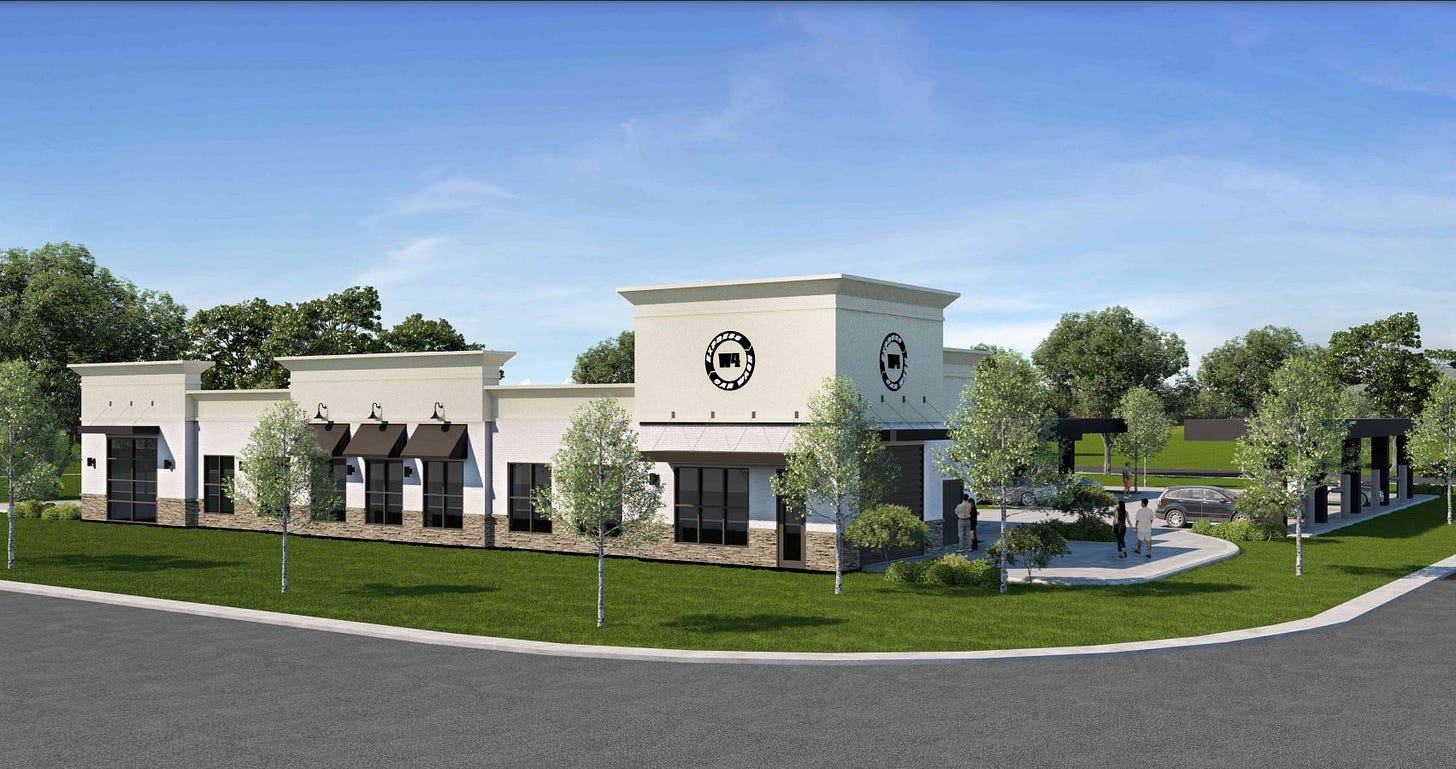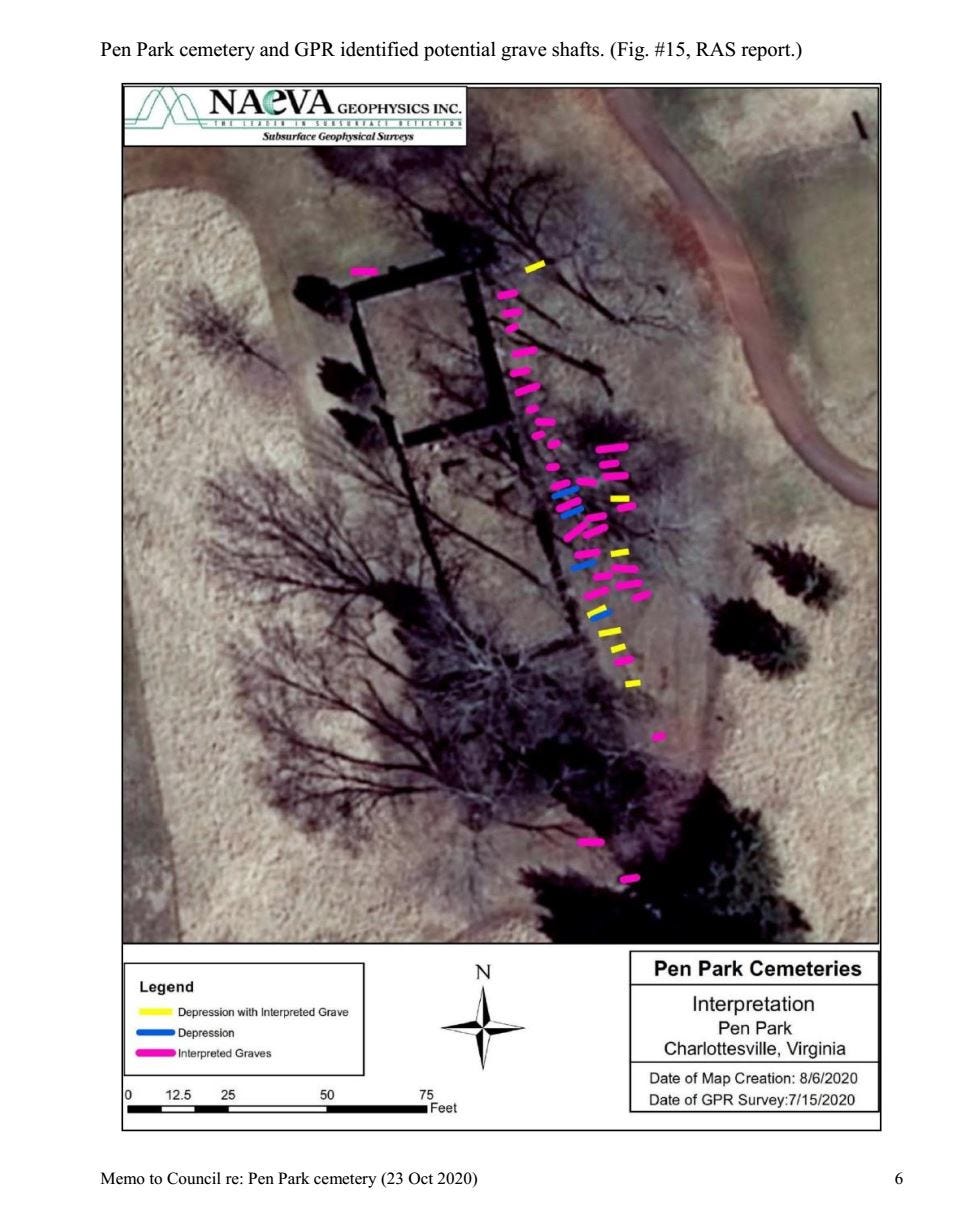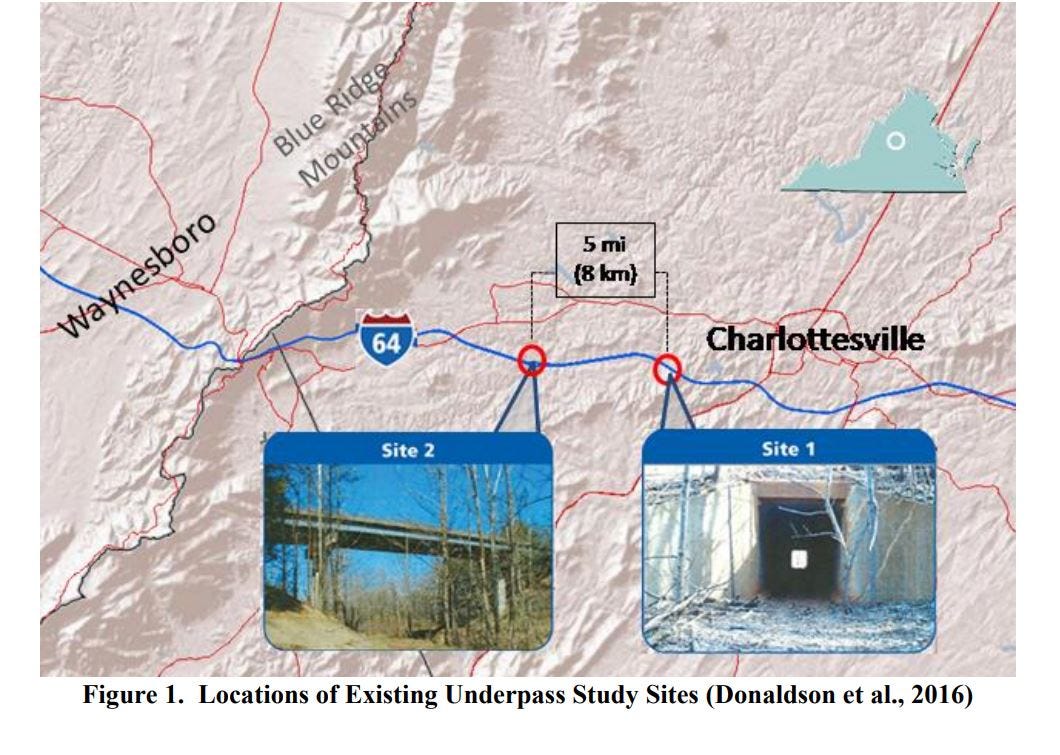Everyone’s attention is on the national election and what will happen. This is an unprecedented and somewhat uncertain time.
Yet, action at the local level does not stop. Perhaps this quick summary of what’s coming up this week in local government will give you some sense of normalcy and hope. Of course, nothing is normal anymore, not during a pandemic. There is just the need to know what’s coming up.
Thanks as always to the Piedmont Environmental Council for their support of this new venture. At the bottom of the email I’ll have links to how you can do so as well. It’s been quite the ride so far and I’m just getting started.
Monday, November 2, 2020
Albemarle seeks an urban future for its designated growth area along U.S. 29. However, property owners have the right to submit proposals that may not appear to be in keeping with those plans and may appear to be contrary. Yet, those proposals come about after location studies which determine a market for the services. This is similar to how Charlottesville City Council has seen and approved many drive-through windows for fast-food restaurants on Emmet Street, even though there are also projects intended for a more bikeable and walkable future. These differences often get reconciled through conversations at public meetings. (ARB meeting info)
With that in mind, the Albemarle Architectural Review Board will meet at 1 p.m. In their first item, they’ll take a look at the design for a car wash that’s replacing the former home of law firm Allen, Allen, Allen and Allen. The structure’s design is intended to conform with the Entrance Corridor guidelines and the ARB will take a look at the latest revision. (materials)
They’ll also review a proposal from Rappahannock Electric Cooperative for a vegetation management plan to accompany an approved project to add a new 115 kilovolt transmission line on existing utility poles along a 1.6 mile stretch of U.S. 29 north of Dickerson Road. (materials)
They’ll also take a look at historical precedents used in the EC guidelines, carrying on a conversation they began on October 19. I recommend this for anyone who wants to understand more about this process.

The Charlottesville City Council meets at 6:30 p.m. I didn’t even make it through the entire meeting last time around, and still have three hours to listen to! From that meeting I was able to post a story about Council agreeing to how $3 million in city funds will be used for public housing renovation and redevelopment as well as a story about how $5.545 million in city funds for Piedmont Housing Alliance will be used at Friendship Court. This meeting does not appear that it will take as long. (meeting info)
After the community matters portion of the evening, Council will hold a first reading on a change to the zoning ordinance to update the way “family day homes” are regulated. In particular, such facilities that look after one to four children would be allowed by-right in all residential districts. Such facilities who have five to 12 children in their care would require a provisional use permit, which can be handled administratively by staff. The idea is to make it easier to increase access to childcare in the city. (staff report)
Then, Council will take up a request from the Bridge Ministry for $54,750 in funding from a contingency fund set aside from the city’s CARES Act allocation. According to their website, the Bridge Ministry “works with troubled, incarcerated, and newly released men by helping them back into their community to live productive lives.” (staff report) The request had been discussed at the October 19 meeting but a decision had not been reached.
Then there will be an update on an investigation into unmarked graves outside of a family cemetery in Pen Park. Council agreed to spend $9,319 on the study in December 2019 and the firm Rivanna Archaeology Services was hired to employ Ground Penetrating Radar at the Gilmer/Craven/Hotopp Cemetery.
“Evaluation of the GPR data suggests the likelihood of 43 unmarked and unrecorded graves outside the walls of the three family plots, roughly in three rows and primarily to the east, behind the family plots,” writes Jeff Werner, the city’s historic preservation planner. “The majority lie outside the Gilmer and Craven sections. Both families enslaved individuals and the evidence suggests these graves are most likely those of individuals enslaved at Pen Park.”
Staff is seeking direction to proceed with ensuring that the sites are marked in public records and that golf carts are kept off of the area. They also want direction to proceed with additional investigation to get a precise number of graves, identify who might be in them, and ask the Historic Resources Committee to recommend ways to “memorialize and interpret the site.”

Next, Jordy Yager will give Council a report on his Mapping Cville initiative. The project is one of several dozen paid for through a grant from the Charlottesville Area Community Foundation to address structural racism.
As always, the consent agenda is also worth reviewing.
- Council met on September 30 to discuss the future of the West Main Streetscape. Take a look at the minutes for that meeting. Then take a look or listen to the story I did on this topic.
- In the past few years, Charlottesville pulled out of a joint process with Albemarle County for how nonprofit agencies that provide social services would be funded. The city’s new Vibrant Community Fund process is to be guided by metrics developed by a group called the Measurements and Solutions Group but that work has been delayed due to the pandemic. They’re asking for an extension for their final report until May 2021. (staff report)
- Second reading of the CRHA agreement (staff report)
- Second reading of an ordinance for the Piedmont Housing Alliance agreement (staff report)
- Acceptance of a $65,000 grant from the Virginia Outdoor Foundation to purchase five additional acres of property near Ragged Mountain Natural Area (staff report)
The Louisa Board of Supervisors will meet today at 5 p.m. in person at the public meeting room. (agenda)
Tuesday, November 3, 2020
There are no regular meetings scheduled today. It’s rare to have a local meeting on Election Night except for Electoral Boards.
Charlottesville’s Electoral Board will convene at 7 p.m. to begin the process of canvassing the ballots. They’ll meet in the registrar’s office but attendance by the public is severely limited to representatives of political parties.
“This is a public meeting of the Electoral Board under the Virginia Freedom of Information Act (§ 2.2-3700 et. sec, Code of VA),” reads a long set of details about how the vote count will be conducted.
“No business will be conducted at this meeting other than ascertainment of results and consideration of provisional ballots; public comment will not be received at this meeting,” it reads.
The canvass will continue Tuesday evening until all precincts have reported in. The board will then recess until Wednesday morning at 9 a.m in CitySpace. At 11 a.m. Wednesday they will begin the process of hearing from any provisional voters who are present. When that has concluded, they will again go into recess.
“On Friday we will reopen the meeting, probably at 9:00 a.m. in the registrar’s office, to begin processing provisional ballots,” wrote Jim Nix, a member of the city’s electoral board. I had asked him for clarification.
“Noon Friday is the deadline for receipt of ballots by mail and mailed ballots received on Wednesday, Thursday or on Friday morning will be processed and counted,” he continued.
Wednesday, November 4, 2020
The Albemarle Board of Supervisors meets at 1 p.m. They’ll begin with another review of a special exception for a “homestay” as the county defines short-term rentals. In this case, the applicant is seeking permission to increase the number of guest rooms on Northfield Road from two rooms to five rooms. Staff is recommending denial. (meeting agenda) (item materials)
After that, the Board will be asked to give direction on how new civic spaces in Albemarle. Who should own them? How should they be maintained? This is an important thing to consider as staff continues work on the form-based code for the Rio Road area. (staff report)
In the evening, David Blount of the Thomas Jefferson Planning District Commission will present the draft legislative program for the 2021 General Assembly session. A top priority is to continue soliciting “support for recovering communities.”
“While needs are many and varied, support in the following additional areas should be realized as we continue to navigate the pandemic: 1) Funding for public health emergency needs and functions; 2) tools and supplies necessary to maintain safe and effective education services – in person or virtually; 3) additional dollars for local and regional governments to keep public buildings and facilities both safe and cleanly; and 4) federal legislation that provides financial assistance to local governments and that allows local governing bodies to replace lost local revenues with the additional federal money until the economic recovery takes hold.”
Other top priorities include financial and regulatory assistance with installing more broadband internet across rural areas. (draft program)
Supervisors will then have a public hearing on adjustments to the current year’s budget (staff report) and then another for a request from Appalachian Power Company for an easement on county-owned property at the former Keene Landfill (staff report). Then there will be a third on amending the county’s continuity of government ordinance (staff report).
The city’s Housing and Advisory Committee (HAC) will meet at noon and will discuss the development of the city’s housing strategy to date. No materials were provided in advance. (meeting info)
The city’s Bike and Pedestrian Advisory Committee will meet at 5 p.m. They’ll get updates on the Belmont Bridge, current and future Smart Scale projects, and more. (meeting info)
Thursday, November 5, 2020
The Thomas Jefferson Planning District Commission’s Board will meet virtually at 7 p.m. One item on the agenda is a resolution to adopt the Consolidated Annual Performance and Evaluation Report (CAPER), a document required by the federal government to demonstrate how Community Development Block Grant (CDBG) and HOME funding is used. (CAPER)
There will also be a discussion of the new search tool designed to help people find affordable housing. That’s a project of the TJPDC’s Regional Housing Partnership.
“The COVID-19 pandemic increased the urgency of this project and on November 12th, the RHP will roll out a web site that provides a search tool to find both rental and ownership units,” reads a report from Chip Boyles, the TJPDC’s executive director. “The site will include governmental and non-profit programs to assist families in their search for housing assistance.”
Boyles will also ask the Commission for direction on altering the name of the TJPDC. The Thomas Jefferson Health District will become the Blue Ridge Health District on January 1. The Jefferson-Madison Regional Library system could also soon get a new name.
“We have in the past considered both a change from Thomas Jefferson as well as change from Planning District Commission to either Regional Commission or Regional Council,” Boyles wrote. “Should you desire staff to pursue options, we could report back to you in February.”
The Albemarle Natural Heritage Committee meets at 5:30 p.m. Among the items on the agenda is a presentation on wildlife corridors from the Virginia Transportation Research Council on one of the state’s leading experts on reducing vehicle collisions. (meeting info)
“Given the established success of wildlife crossings with fencing in reducing wildlife crashes and connecting habitat, a growing number of states, including Virginia, have enacted wildlife corridor legislation,” wrote Bridget Donaldson of the VTRC. She is one of the authors of a May 2020 paper entitled “Enhancing Existing Underpasses with Fending to Decrease Wildlife Crashes and Increase Habitat Connectivity.”
Among the examples in the report is a pilot project on two sites on I-64 in Albemarle County.
Earlier this year, the General Assembly passed legislation to create a Wildlife Corridor Action Plan to identify locations where steps can be taken to reduce vehicle collisions. The county’s biodiversity action plan cites Donaldson’s report as well. Goal 5 of this plan is to “minimize or reduce habitat fragmentation county-wide and maintain habitat connectivity.”

Friday, November 6, 2020
The Charlottesville Electoral Board resumes their meeting at noon to resume the canvas with the addition of any mail-in ballots received through 12 p.m.
What have I missed this week? And what should I know about? Drop me a line and let me know.
This post was contributed by Sean Tubbs. Sean is a journalist working to build a new information and news outlet centered around Charlottesville and Virginia. In 2020, he launched a daily newscast and newsletter and also created a semi-regular podcast on the pandemic.
Support for Sean’s “Week Ahead” update comes from The Piedmont Environmental Council.
